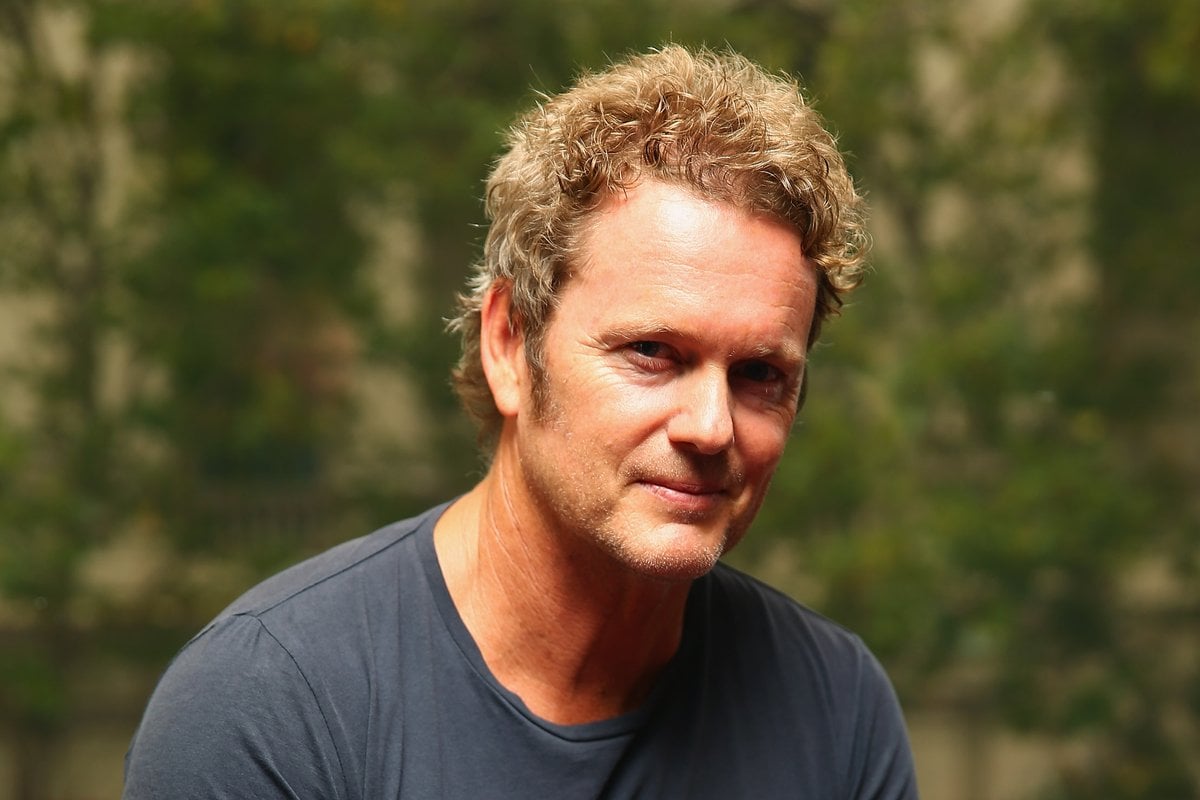
This post mentions sexual assault allegations and might be triggering for some readers.
On Tuesday, Australian actor Craig McLachlan was found not guilty of indecently assaulting four women during a 2014 stage production of The Rocky Horror Picture Show.
McLachlan, best known for his role in television series The Doctor Blake Mysteries, was acquitted of seven indecent assault charges and six common assault charges relating to seven alleged incidents.
Among the accusations levelled against the 55-year-old were: that he put his tongue in the mouth of a co-star during an unscripted kiss and, while backstage, pressed his genitals against her during a hug; that he touched another co-star's genitals during a performance; that he twice kissed a co-star backstage; and that he tickled a co-star's inner thigh while she was performing.
Delivering the judgement, Victorian Magistrate Belinda Wallington praised the accusers as "brave and honest witnesses".
She said while she accepted some of their evidence, she was not persuaded beyond a reasonable doubt that McLachlan knew they were not consenting.
Referring to the thigh-touching incident, she said, "I'm unable to exclude the possibility that an egotistical, self-entitled sense of humour led the accused to genuinely think that … [the co-star] was consenting to his actions."
Magistrate Wallington noted that, while consent laws had changed since, she was required to apply the law as it stood at the time of the alleged offences. And that's when she made an interesting observation:

Top Comments